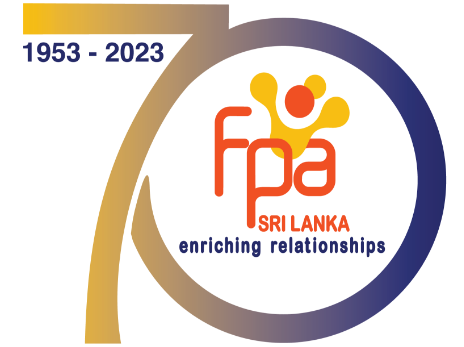Violence against women and girls is an extreme violation of the human rights of women and girls, and it generates huge economic expenditure for women and families, as well as for communities and societies. This article aims to shed light on the economic cost of sexual and gender based violence against women and girls (SGBV), as well as encourage the general public / society to reconstruct certain cultural beliefs that hinder the elimination of SGBV in Sri Lanka.
Lakshmi Puri (UN Assistant Secretary-General and Deputy Executive Director of UN Women) mentioned, the economic cost and deaths caused by intimate partner violence is much higher than that of civil war or homicide. Economic costs include indirect costs such as lost productivity, wages and potential, as well as direct costs such as health care, counselling, and other mental health services, the justice system, child and welfare support, and more. These costs take up a large percentage of the monthly income of women; those facing SGB-violence also earn 60% less than those who do not face it (keep in mind one in three women face abuse in their lifetime).
UN Women Asia recently shared their research findings which mentioned, 16% of surveyed women who experienced intimate partner violence in Sri Lanka, reported they had to take days off work; 32% reported they had to seek medical attention for injuries, and their children also had to miss school. Furthermore, Renuka Jayasundara (DIG in charge of the Children and Women’s Bureau) mentioned there were 10-15 cases of rape committed daily in Sri Lanka - keep in mind, not all incidents are reported. She also stated the most frequent complaints of rape was among children between the ages of 10-15 years old.
We cannot even dream of eliminating poverty or developing economically, if violence against women and girls in Sri Lanka is so prevalent that it negatively affects their participation in education and employment. Responding to these unacceptable issues consume resources (from social service organizations, the justice system, health care agencies and employers) that could otherwise be utilized for national economic gain. For example, it takes less to educate a generation, and implement policies to prevent sexual violence, in comparison to the work and resources needed to completely restore and heal the trauma of a generation, and those they produce.
As a community and society, if we can reframe some of our beliefs that still uphold rape culture and glorify the patriarchy, we can effectively eliminate violence against women and work on closing resource / social / economic gaps, and support empowerment of women and girls. We can start with identifying and rectifying myths, stereotypes and misconceptions that are present within our community and hinder the elimination of SGBV. These include victim blaming (‘it is her fault for being out late’), undervaluing the concept of consent (‘women say no when they mean yes as they are playing hard to get’), overly generalizing the meaning of sexual violence (‘light touching is not sexual violence’), invalidating a survivors experience (‘she is exaggerating for attention’) and being unwilling to stand up for survivors (‘it is a women’s issue alone’).
SGBV is not a women’s issue alone as we all bear the cost either directly or indirectly. We must all actively do our part to help eliminate it completely.
Nikita Shuhumar
UN Women - WEPs Corporate Partner
Humanitarian Services Head - Seven Seas Holdings Ceylon (Pvt) Ltd
FPA Sri Lanka Youth Technical Advisory Committee Member
Media Personality - India / Sri Lanka
.png)


